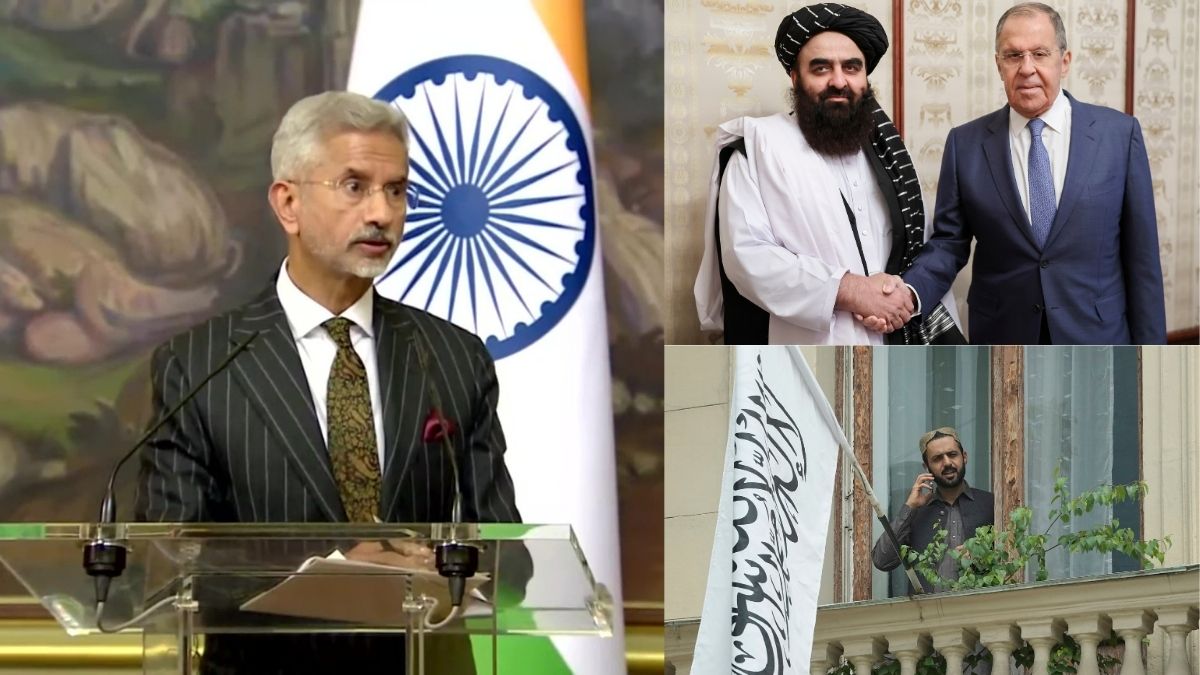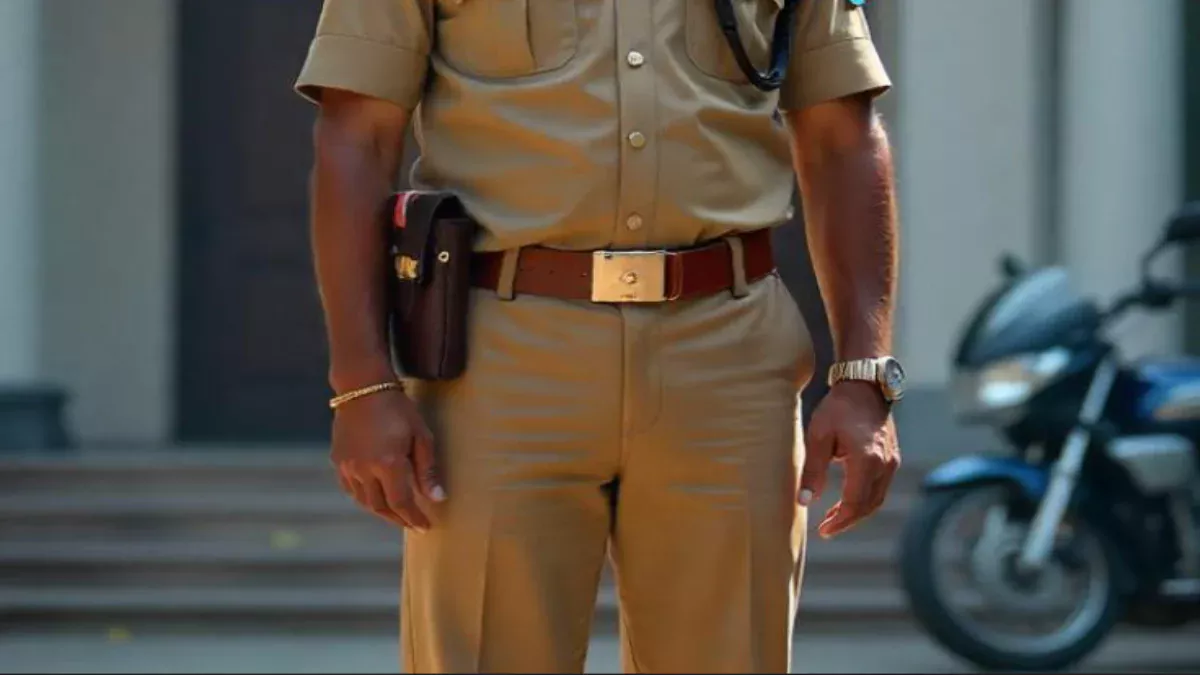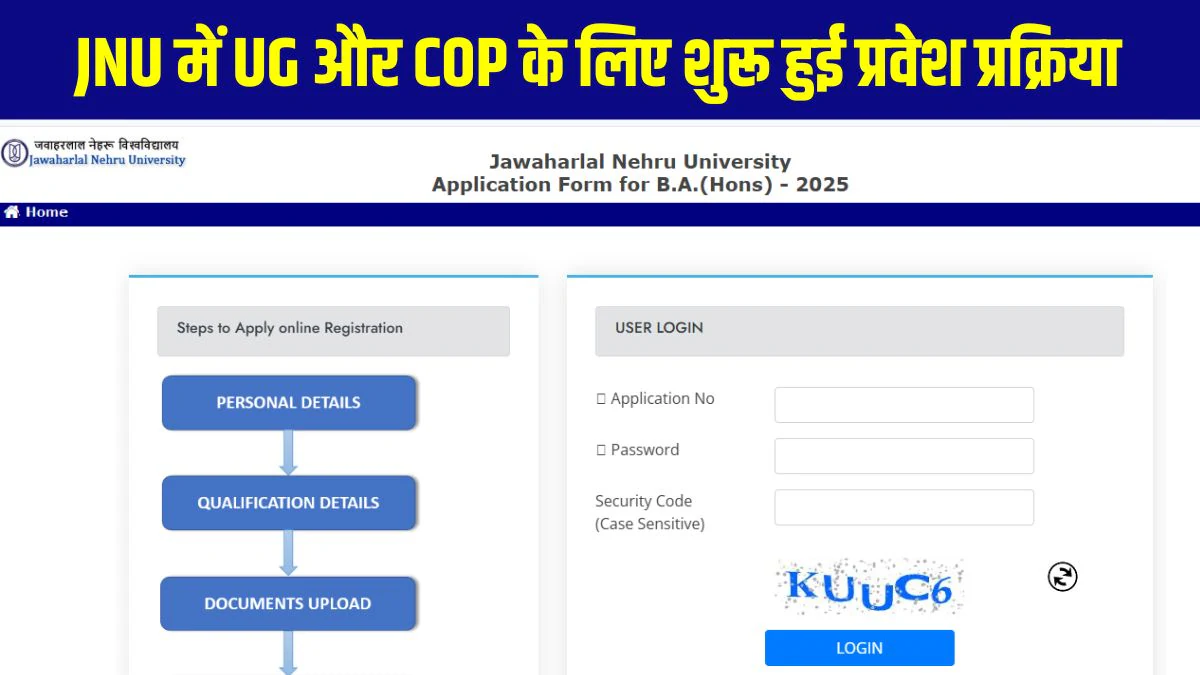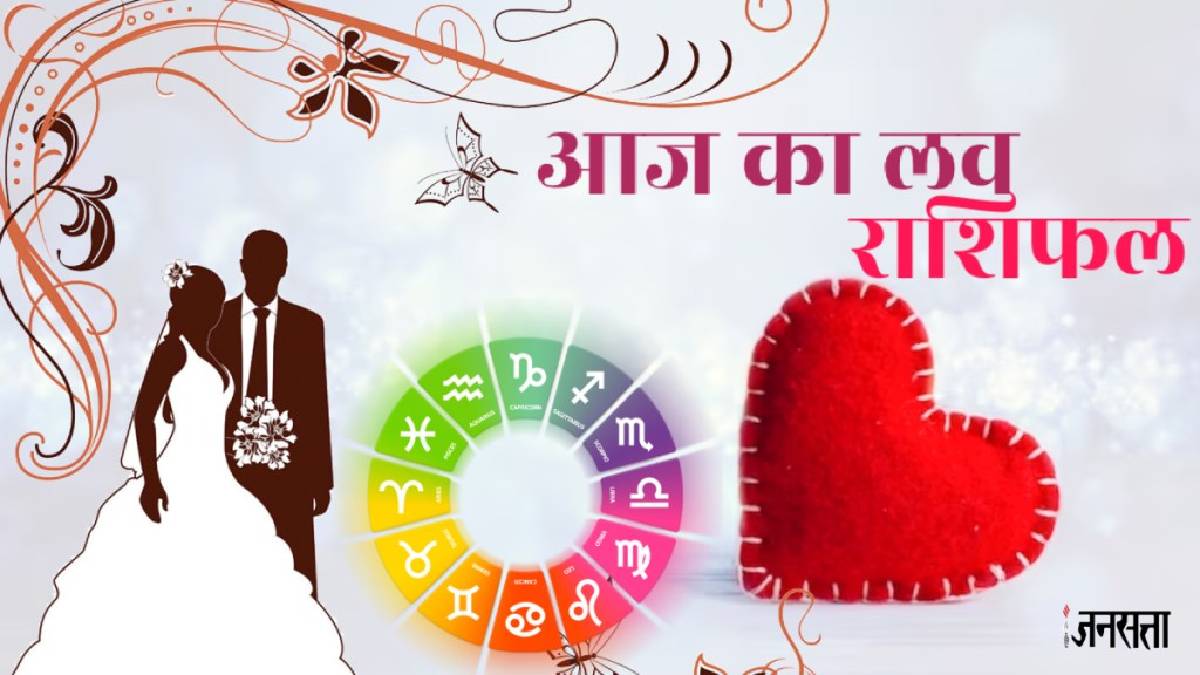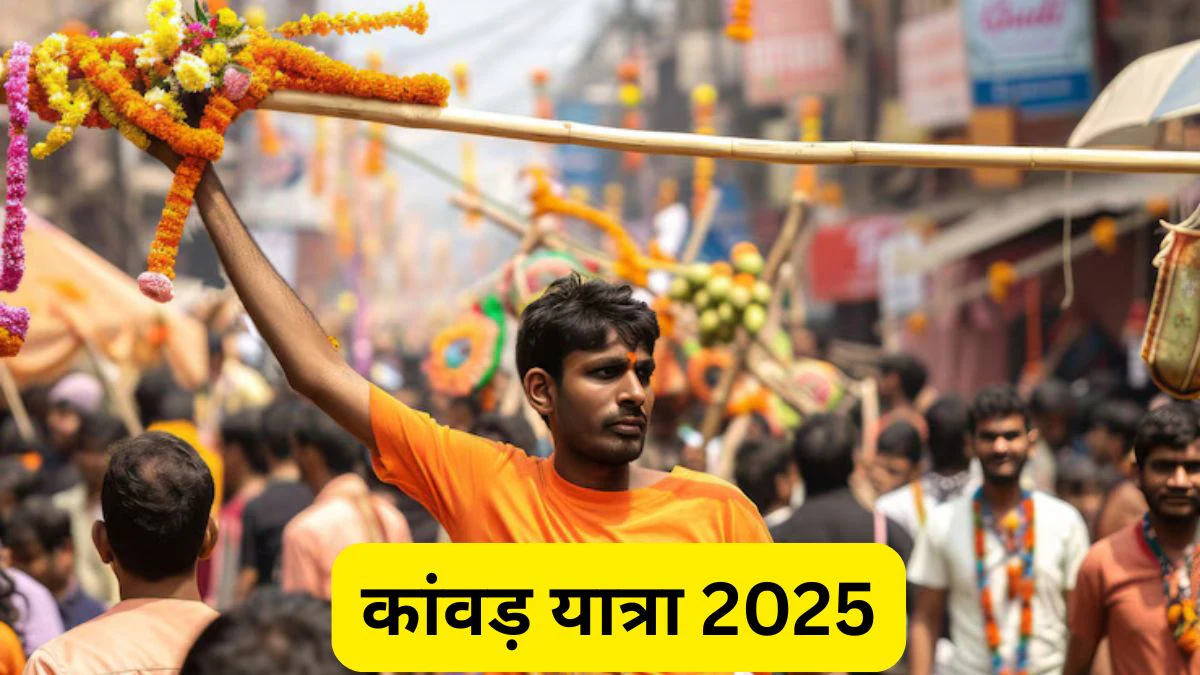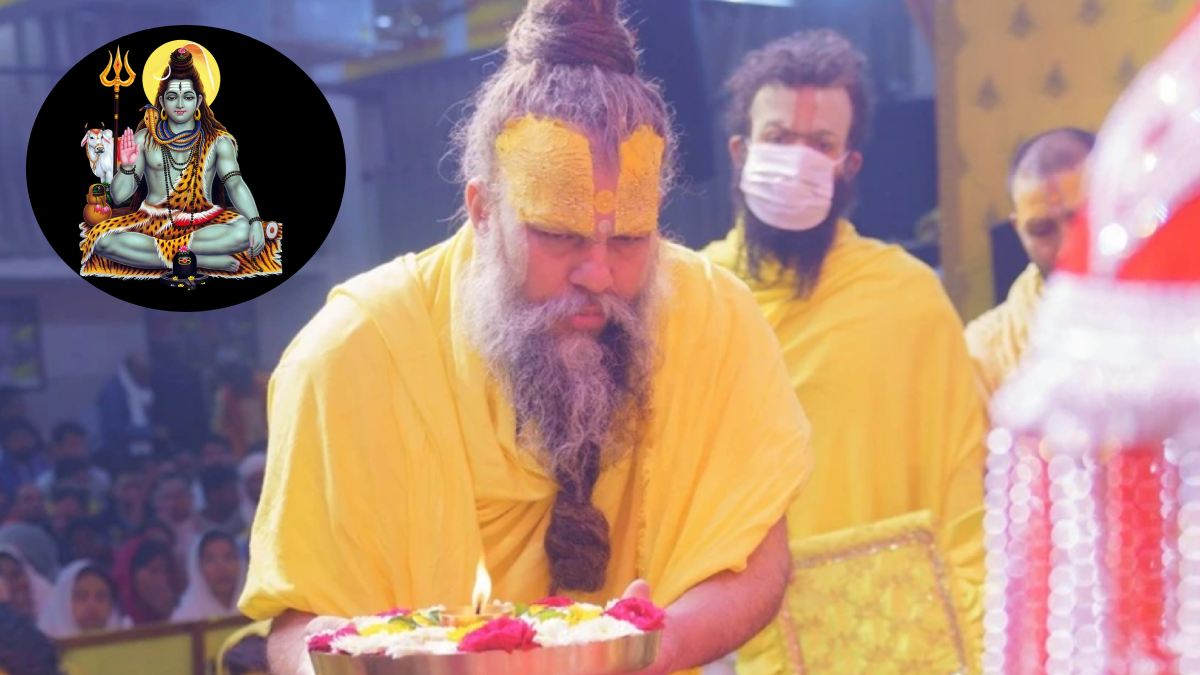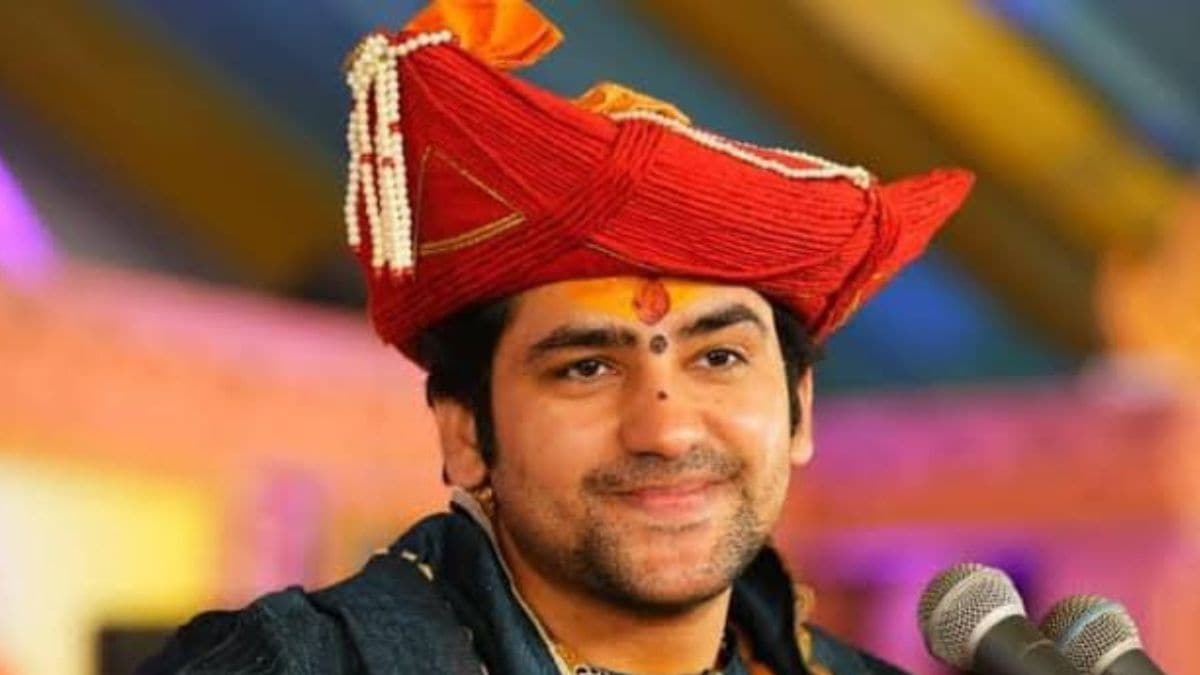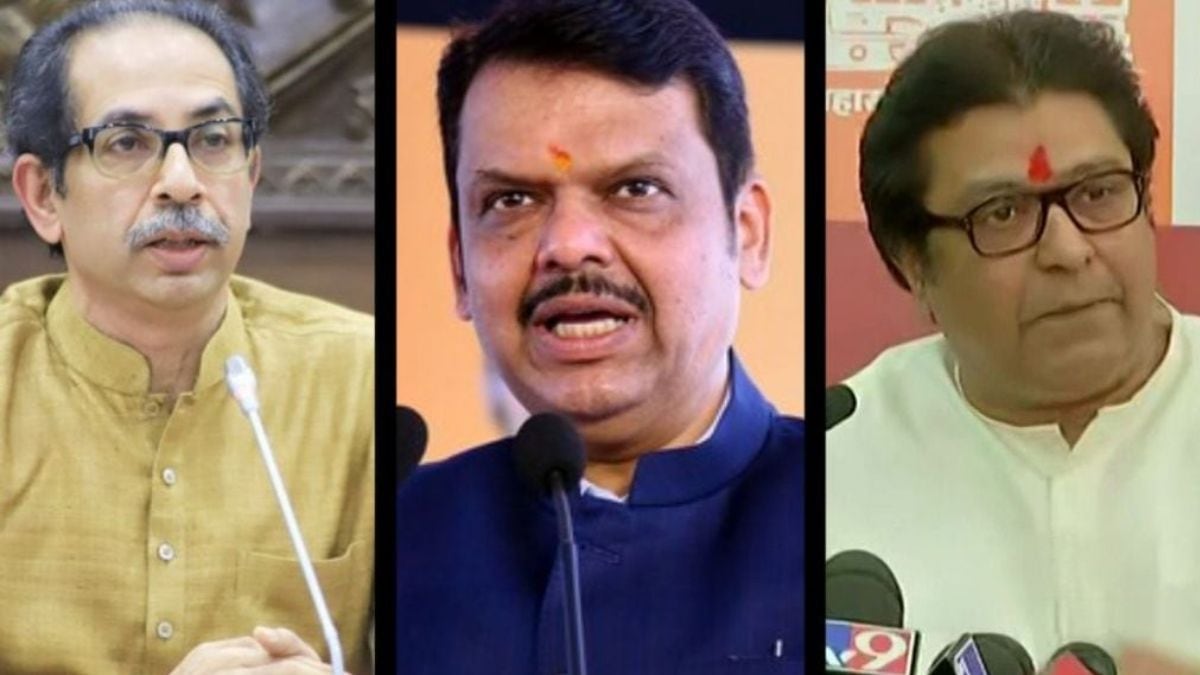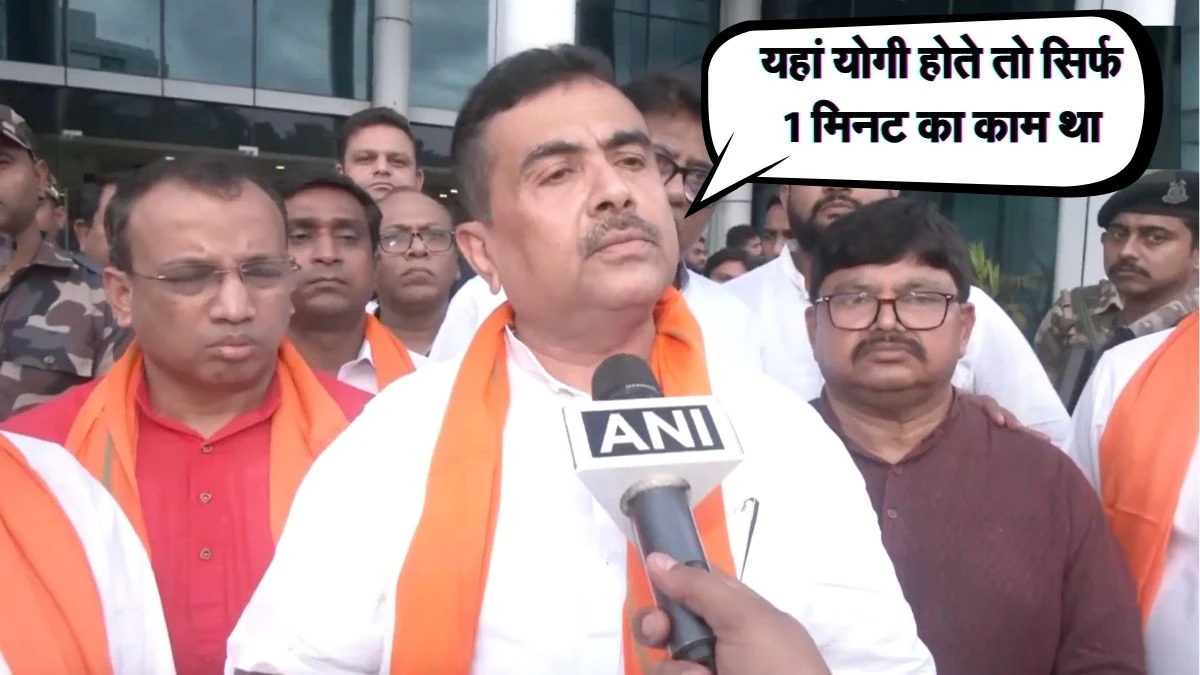“Abhi to Supreme Court dekh raha hai. Supreme Court ke jo nirdesh honge unaka paalan kiya jaega. (Currently, the Supreme Court is looking into this issue. Whatever directives the Supreme Court gives, will be followed),” Union Agriculture Minister Shivraj Singh Chouhan told reporters earlier this week when asked whether he would invite the protesting farmers for talks, who have been holding a sit-in at Shambhu and Khanauri on the Punjab-Haryana borders since February last year.
Chouhan’s cautious reply to queries on the continuing farmers’ protests, led by the Samyukta Kisan Morcha (non-political) and the Kisan Mazdoor Morcha (KMM), indicates the government’s changed approach in dealing with the farm stir. Unlike its proactive engagement with the agitating farm unions in its previous term, the Narendra Modi-led NDA government 3.0 seems to be keeping an arm’s length from the issue.
During the Modi government 2.0, when farmers were up in arms against the three central farm laws (now repealed) and held a year-long sit-in at Delhi’s borders, a team of three Union Ministers, comprising then Agriculture Minister Narendra Singh Tomar, Food Minister Piyush Goyal and Minister of State for Commerce Som Prakash, held 11 rounds of talks with their unions from October 14, 2020 to January 22, 2021. On one occasion, on 8 December 2020, even Union Home Minister Amit Shah had himself rushed to the Pusa complex in Delhi to hold a late-night meeting with the farmer leaders.
In early February last year too, when farmers again gave a call to march to Delhi, three Union Ministers— Goyal along with then Agriculture Minister Arjun Munda and MoS for Home Affairs Nityanand Rai — flew to Chandigarh to hold two rounds of talks with the agitating farm unions, which could not achieve a breakthrough.
Since then, despite the standoff, the Centre has been fighting shy of engaging with the protesting farmers demanding legal status for minimum support price (MSP) of crops and farm debt waiver, among other things.
On his part, Chouhan has extended an open invitation to farmers for a meeting every Tuesday, and has met some groups of farmers. He has also held a round of meeting with the states’ Agriculture Ministers, including Punjab Minister Gurmeet Singh Khudian, to discuss the current state of the agriculture sector. But he has not held any meeting with the agitating farmers so far.
The government seems to believe that then agriculture secretary Sanjay Agarwal’s move to invite the 29 protesting farm unions to Delhi to hold the first round of meetings with them at Krishi Bhawan on October 14, 2020 had led to fuelling their protests instead of resolving the row. The meeting had turned into a fiasco as the farmer leaders had come out of it demanding the presence of Agriculture Minister Tomar. They even tore up the copies of the three Bills outside Krishi Bhawan and shouted slogans. This was the beginning of a long haul, as farmers began their march to Delhi on November 26, 2020. Afterwards, 10 more rounds of talks were held between the government and farmer unions until January 22, 2021. But these meetings proved futile as the protesting farmers did not budge and continued their blockades at Delhi borders.
On January 12, 2021, the Supreme Court stayed the implementation of the farm laws and passed an order constituting a four-member committee to deliberate on the three farm laws. While one of the committee’s members, Bhupinder Singh Mann, national president of Bhartiya Kisan Union and All India Kisan Coordination Committee, recused himself from its meetings, the other three members — Dr Parmod Kumar Joshi, director of South Asia, International Food Policy Research Institute, Ashok Gulati, former chairman of Commission for Agricultural Costs and Prices, and Anil Ghanwat, president of Shetkari Sanghatana – deliberated on the three farm laws and submitted a report to the apex court.
Eventually, on the occasion of Guru Nanak Dev Jayanti on November 19, 2021, Prime Minister Modi, in an address to the nation, announced the repeal of three farm laws.
The SKM (non-political) and the KMM have been camping at Shambhu and Khanauri borders since February 13, 2024 after the Haryana police stalled their “Dilli Chalo” march, blocking their entry into the state en route to the national capital.
There could be various factors that explain the Centre’s changed tack in dealing with the farm agitation this time. One, the ongoing stir is restricted to the Punjab-Haryana border so far, with its geographical spread not as wide as the 2020-21 farm movement. Two, several leading farmer bodies including the SKM – an umbrella organisation of many farm unions from Punjab and other states — have not joined the current stir despite supporting its demands. Thirdly, while the 2020-21 movement was directed against the Centre’s three farm laws, the current protest has multiple demands including some pressed earlier.
The farmers have also dug in their heels. They had not nominated their members on the committee announced by the PM on November 19, 2021 to look into various farm issues, following which on July 18, 2022, the Centre formed a panel, headed by former agriculture secretary Sanjay Agrawal, to examine several issues including making the MSP more “effective and transparent”.
In July 2022, Jagjit Singh Dallewal, president of the BKU Sidhupur, broke away from the SKM and formed the SKM (non-political). Dallewal has been on a fast-unto-death at Khanauri since November 26 to demand that the Centre accept the farmers’ demands. Hearing various petitions, the apex court has expressed concern over Dallewal’s condition whose hunger strike entered 40th day on Saturday.
Stay informed with access to our award-winning journalism.
Avoid misinformation with trusted, accurate reporting.
Make smarter decisions with insights that matter.



